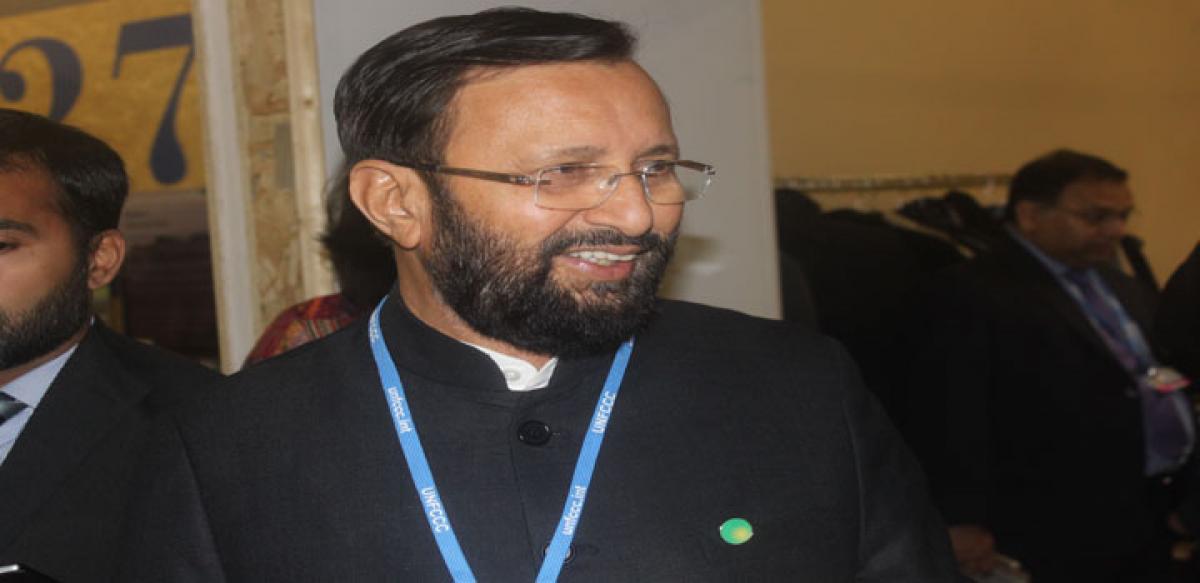Live
- Rajamouli, Prasanth Varma, others Praise 'Pushpa 2: The Rule' Trailer as 'Wildfire'
- Bandhan Life Expands National Footprint with Launch in Northern India
- Transforming Enterprises across Industry Verticals with Advanced Multi-Cloud Strategies and DevOps Solutions
- Is Your Food Safe? Understanding Labels, Packaging Claims, and Hidden Ingredients
- AAP replaces Kailash Gahlot with another Jat face in Delhi Cabinet
- Could Mars Have Hosted Life? How NASA’s Viking Missions May Have Missed It
- AAP govt settling Rohingyas in Delhi, giving voter cards: BJP
- CashKaro Founder Couple Swati & Rohan Bhargava Launch ‘BAD’ Podcast to Inspire India’s Next Generation of Dreamers
- Border-Gavaskar Trophy 2024-25: Australia’s assistant coach Daniel Vettori to miss first Test for IPL mega auction
- Maha polls: BJP’s ‘chota popat’ jibe in response to Congress ‘safe’ attack





.jpg)




